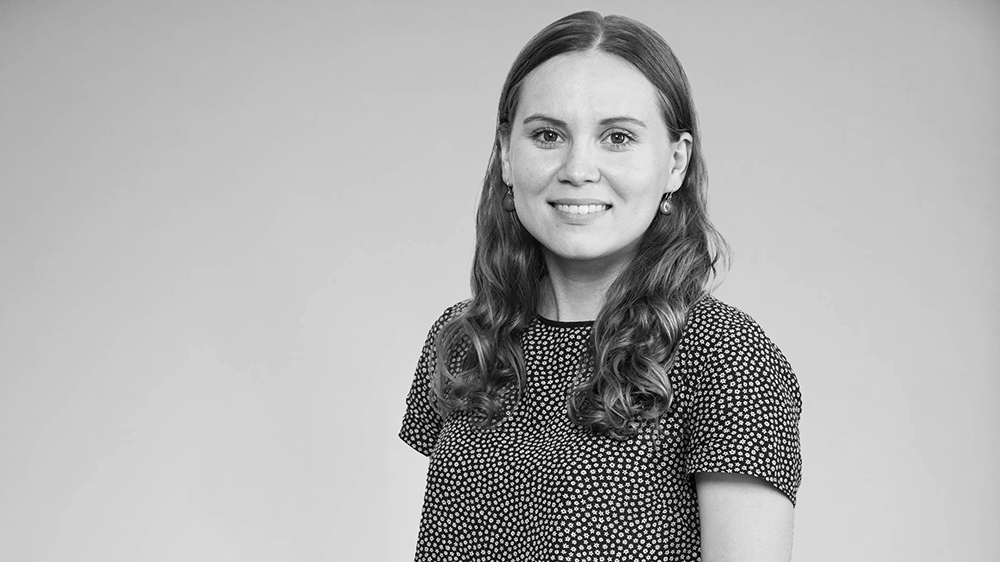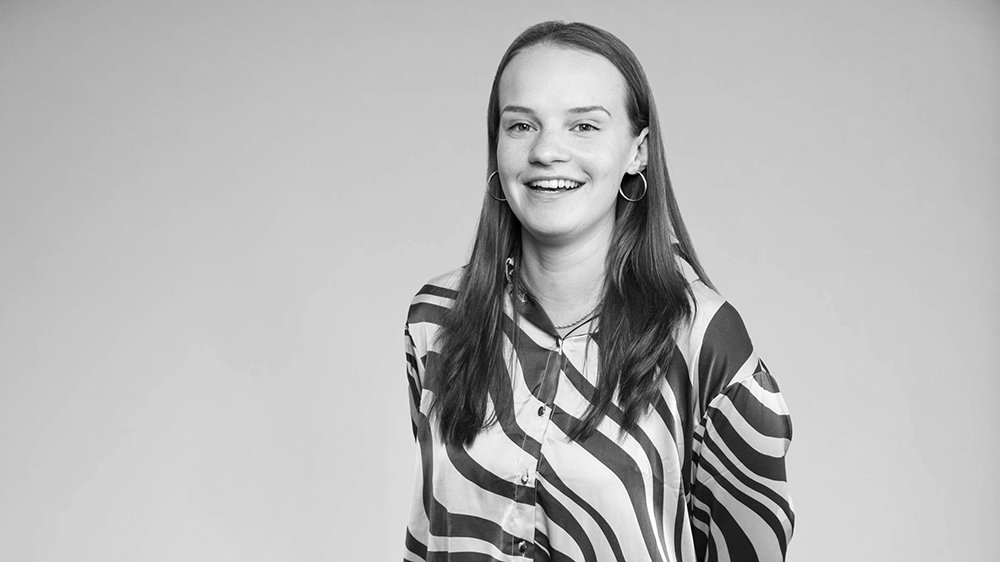Science sparring
Science sparring is an interactive dialogue between researchers and decision-makers. Sparring strengthens the knowledge base of policy formulation. Science sparring has been developed together with Finnish ministries.
Science sparring brings together researchers and administration representatives. Dialogue sessions allow policymakers to utilize researchers’ expertise early in the planning process. Instead of the traditional setting where policy asks and science answer, policymakers and researchers work together.
Science sparring works especially well for extensive, multidisciplinary preparation projects that benefit from researchers and decision-makers collaboratively structuring the overall knowledge framework. It can be used, for example, to clarify the societal challenges of a legislative project, to evaluate the existing knowledge base, to identify knowledge gaps, or to assess the impact of proposed measures.
Our previous Science sparrings
Science Sparring sessions have been conducted with several ministries while co-developing the method. The Finnish Government Report on the Future (2019–2023) recommends wider use of Science sparring in ministries’ policy preparation.
- Monitoring and evaluation plan for government R&D funding (Prime Minister’s Office), 2024
- System-work on demographic change (Prime Minister’s Office, DEMOGRAPHY program), 2024
- Implementation of the Restoration Regulation (Ministry of the Environment, Ministry of Agriculture and Forestry, Science Panels), 2024
- Ecological connectivity (Ministry of the Environment), 2023
- Anticipation of the Biodiversity Act (Ministry of the Environment), 2023
- Climate change adaptation program (Ministry of Agriculture and Forestry), 2022
- Architectural policy program (Ministry of Education and Culture, Ministry of Economic Affairs and Employment, and Ministry of the Environment), 2021
- Fossil-free transport roadmap (Ministry of Transport and Communications), 2021
- Public administration strategy work (Ministry of Finance and Association of Finnish Municipalities), 2020
- Nature Conservation Act reform (Ministry of the Environment), 2020–2021
- National transport system plan, Transport 12 (Ministry of Transport and Communications), 2020
- Climate impact assessment (Ministry of the Environment), 2020
The Environmental Information Forum, Urban Academy, and Urban Research Institute Urbaria have also utilized and participated in developing Science Sparring.
Our goal is to make Science sparring accessible to all
During 2024–2025, we focus on developing Science sparring and increasing the method’s impact. We will systematize and refine the concept to make it accessible for the entire science for policy community.
- We test the applicability of Science sparring in various contexts.
- We publish instructions on implementing the concept.
- We build Science sparring into a customizable instrument for different target groups and various stages of government proposal drafting.
- We train knowledge brokers to utilize the method.
More About Science Sparring
- Our Policy Brief on Science sparring was published in New York at the United Nations Science, Technology & Innovation Forum in 2023 as an example of an innovative operational model. The global forum addressed the role of science in achieving sustainable development goals.
- Science sparring is presented in the action recommendations of the Government Report on the Future (2019–2023) as an operational model that should be more widely adopted in ministries’ policy preparation. The usefulness of Science sparring is described especially in impact assessment work and identifying uncertainties.
- Jaakko Kuosmanen’s presentation in the European University Association’s webinar series in June 2022.
Contact us and follow our work!
Follow our work on our LinkedIn page (only selected posts in English).
Would you like to collaborate with us? Contact our experts:

Linda Lammensalo
Knowledge broker
Phone: +358 50 308 7726
linda.lammensalo@acadsci.fi
Science for policy, especially science-policy dialogues

Laura Väliniemi
Knowledge broker
Phone: +358 40 091 0978
laura.valiniemi@acadsci.fi
Science for policy, especially science-policy dialogues
